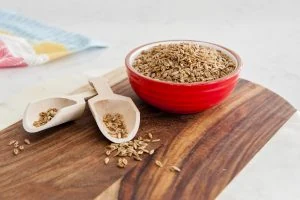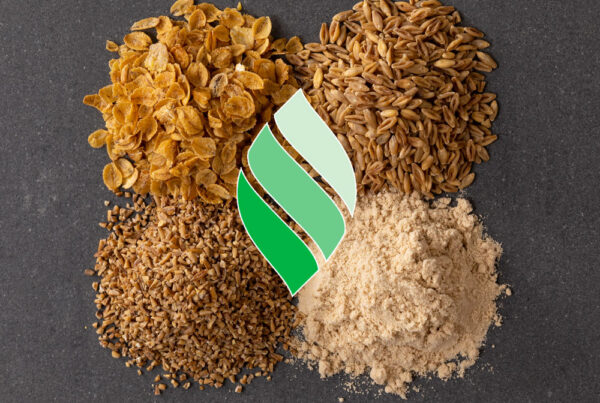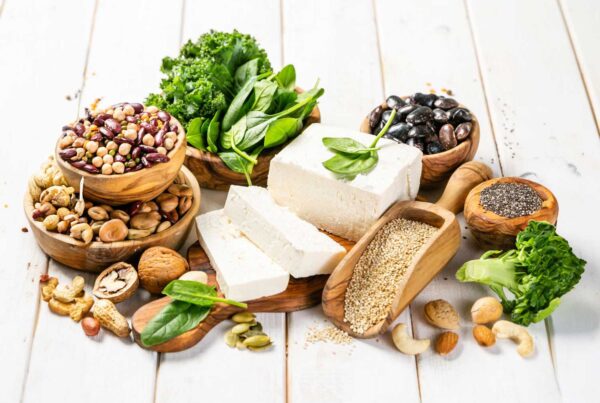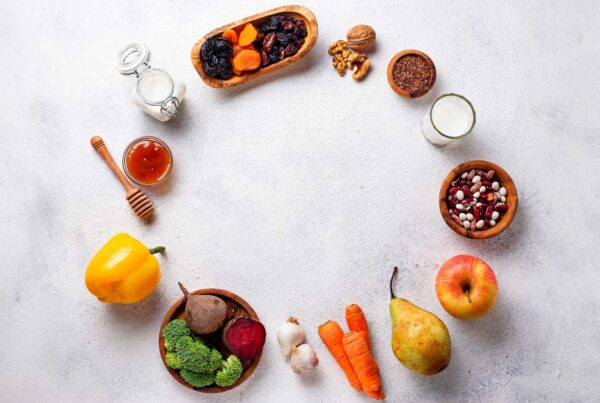So often we hear about the importance of eating a ‘balanced diet’. But what does this actually mean? With a new diet craze being featured in the media’s spotlight each day, you could be forgiven for thinking that a ‘balanced diet’ includes a day living by the stringent (and often ridiculous) requirements set out by these lifestyle fads.
A balanced diet is actually very simple to achieve – and can have a substantial impact on your health and the way that you live your life.
So, what is a balanced diet?
Put simply, a balanced diet is one that provides your body with the fuel that it requires for optimal functionality. A balanced diet will be rich in whole, natural foods, and therefore will provide a wide range of vitamins, minerals and nutrients. It will also be low in unnecessary fats, sugars, chemicals and preservatives.
When you’re eating a balanced diet, you’ll be making food choices from a wide range of food groups including – but what are the optimal choices to make within each food group?
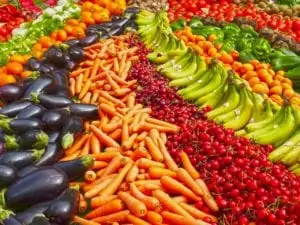 Fruit and Vegetables
Fruit and Vegetables
When it comes to fruit and vegetables, you may have heard the phrase ‘eat the rainbow’. The wider the range of colours on your plate when it comes to fresh fruit and vegetables, the more diverse the range of vitamins and minerals you consume will be. So, make variety the spice of your life and load up your plate with as many different fruits and vegetables you can. Having variety on your plate can also ensure meal times stay interesting (meaning you’re less likely to snack on something not-so-good after lunch or dinner).
Wholegrains
Wholegrains are well known to offer a myriad of health benefits and provide a range of protective nutrients to help improve health and prevent certain diseases. Wholegrains are widely recognised as being superior to refined or processed grains, because some of the key nutrients found in wholegrains may be lost when subject to processing. Choosing wholegrain products (breads, cereals etc) rather than white, refined products are a simple but effective way to keep your body in tip top shape.
Dairy
Quite the contentious issue these days, there is a definite trend away from dairy. However, dairy products are a rich source of calcium and vitamin D, which are essential for bone and general health. If you feel that dairy isn’t the right choice for you, try incorporating a plant-based milk solution into your diet. Many almond, oat and coconut milks are fortified with a range of vitamins and nutrients that are essential to good health.
Protein
Whilst lean, low fat meat such as chicken or fish are the most obvious choice when it comes to ensuring you’re meeting your body’s protein requirement, there are actually plenty of plant-based sources of protein to try. These include lentils, beans and peas, as well as nuts such as walnuts and almonds. Tofu and tempeh are also rich in protein and are a versatile alternative to meat.
There you have it – a balanced plate can be not only nutrient dense, but also delicious and ever-changing to keep your taste buds interested. Challenge yourself to being open to new, interesting flavours and in doing so, keep your health in great shape!
Intended as general advice only. Consult your health care professional to discuss any specific concerns.


